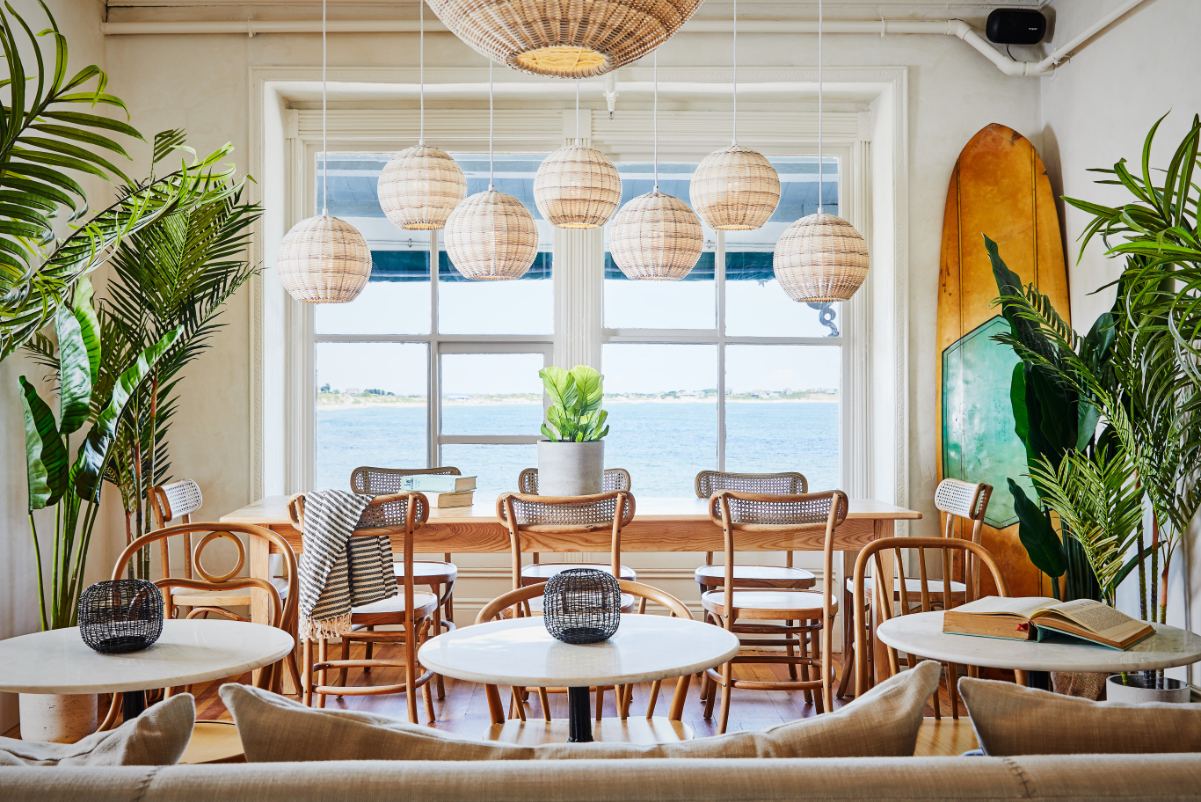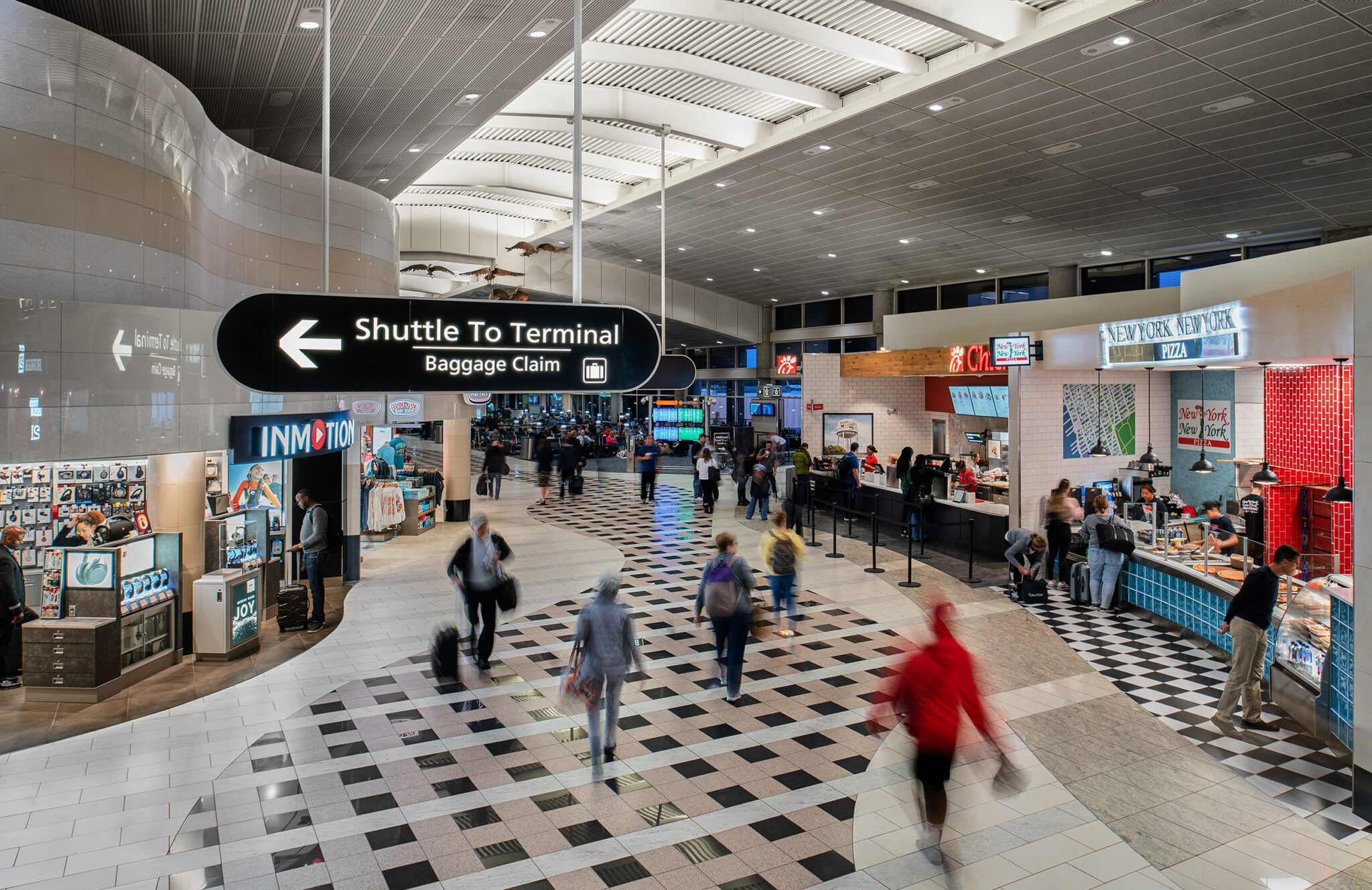The Travel Industry’s Struggles With Climate Change
Skift Take

Skift Daily Briefing Podcast
Listen to the day’s top travel stories in under four minutes every weekday.Presented by Criteo.
Good morning from Skift. It’s Friday, April 21. Here’s what you need to know about the business of travel today.
Listen Now
🎧 Subscribe
Apple Podcasts | Spotify | Overcast | Google Podcasts
Episode Notes
Environmental issues have seemingly become more important to travelers in recent years. However, travel companies worldwide have struggled to make their services greener. With that in mind, Associate Editor Rashaad Jorden looks at Skift’s coverage of environmental issues over several years ahead of Earth Day on Saturday.
Jorden notes tourism’s expanding carbon footprint is heightening the need to make travel more sustainable. Transport-related emissions from international tourism are projected to grow 25 percent by 2030 unless urgent action is taken. He reports the hotel industry has made progress in going greener, with a series of small steps, such as using artificial grass to conserve water and removing single-use plastic bottles from guest bathrooms.
However, the aviation industry has had little success in reducing its carbon footprint. A 2021 Skift Research report revealed the majority of airlines failed to reach their environmental efficiency targets. And while some airline executives support expanding carbon offsets to reduce emissions, Skift reported in 2022 that flyers were generally unwilling to pay extra to offset emissions from their flights.
Next, luxury hotel operator Six Senses is planning to add clubs as a new product alongside its hotels and resorts. Under a new brand called Six Senses Place, the company is also looking to create a membership service providing travelers access to those luxury- and wellness-themed clubs, reports Asia Editor Peden Doma Bhutia.
Six Senses CEO Neil Jacobs said the luxury brand aims to open its first club next year, which will likely be at London’s Whiteley Hotel. Bhutia writes that the clubs are unlikely to operate as standalone entities but will usually come attached to Six Senses hotels. Jacobs told her that the Six Senses Place brand would offer restaurants, bars, and wellness offerings.
Finally, Sedona, Arizona’s tourism bureau recently ended its partnership with the city. Why? The local government wouldn’t permit the bureau to restart destination marketing, writes Global Tourism Reporter Dawit Habtemariam.
Tension began two years ago when the Sedona City Council changed its contract with the tourism bureau, preventing it from spending money on destination marketing. Sedona saw a tourism surge coming out of the pandemic, with the city attracting 3.7 million visitors in 2021. Yet many residents were unhappy with how tourism had remade their town.
Habtemariam writes some local hotel owners and tourism businesses are unhappy with the city council’s decision. These local travel businesses said the post-pandemic boom in travel demand is waning and that Sedona is now facing fierce competition with other destinations. Sedona’s tourism chief Michelle Conway said she expects to find money from elsewhere to run tourism promotion campaigns.





